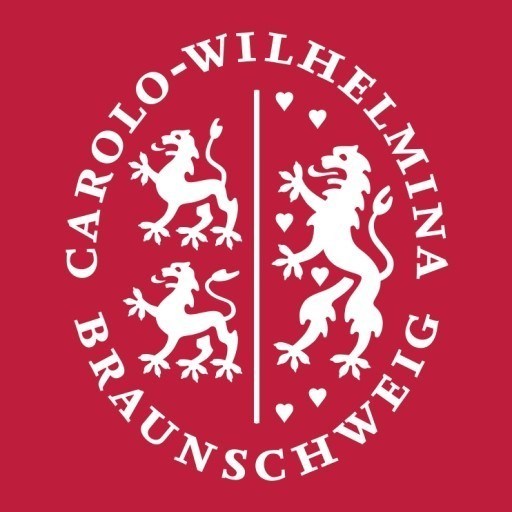Photos of university / #rwthaachenuniversity
The Graduate School: Aachen Institute for Advanced Study in Computational Engineering Science (AICES) at RWTH Aachen University offers a distinguished interdisciplinary postgraduate program designed to foster excellence in computational engineering and science. This program is aimed at highly motivated students who aspire to develop advanced skills in computational methods, numerical analysis, modeling, and simulation techniques applied across various engineering and scientific disciplines. The curriculum emphasizes a rigorous theoretical foundation combined with practical applications, preparing graduates to address complex real-world problems in industry, research, and academia. Students benefit from close collaboration with experts in fields such as mechanical engineering, electrical engineering, computer science, materials science, and applied mathematics. The program encourages innovative thinking, problem-solving, and research excellence through a structured combination of coursework, seminars, and research projects. Participants gain exposure to the latest developments in high-performance computing, data analysis, and algorithm design, equipping them with the versatility needed to contribute to cutting-edge technological advances. Furthermore, AICES offers a unique environment characterized by international collaboration, interdisciplinary exchange, and close mentorship, fostering a vibrant academic community dedicated to pushing the boundaries of computational science. Graduates of this program are well-prepared for doctoral studies, advanced industrial roles, or academic careers, contributing significantly to the development of sustainable and efficient solutions in engineering and scientific research. The program’s reputation for academic rigor and innovation makes it a leading choice for students seeking to excel in the rapidly evolving field of computational engineering science at a top European university.
Educational organisation
Various programmes are offered for Bachelor's students entering the Master's phase, e.g.:- Master in Computational Engineering Science (consecutive, requires a Bachelor in Computational Engineering) with mandatory courses e.g. in computer science, mathematics, process systems engineering, materials science
- Master of Simulation Sciences (non-consecutive) in cooperation with GRS, with mandatory courses e.g. in physics, computer science, numerical methods
All selected applicants receive a research assistantship for one year during the Master's phase with the option to extend for a further year upon positive evaluation, and a stipend of 2,000 EUR per month during the doctoral phase.
Forms of assessment
For the Master's degree: written and oral examinations, project workFor the doctoral degree: doctoral thesis and defence
Course objectives
The scientific focus is on modelling, simulation, and optimisation, with a common emphasis on the multiscale and multiphysics nature of most problems in the application areas: materials science, chemical engineering, electrical engineering, mechanical engineering, biomedical engineering, and geoscience.Language requirements
TOEFL, IELTSAcademic requirements
- A recent Bachelor's degree in engineering including computational engineering and bioengineering, geoscience, mathematics, physics or computer science
- evidence of English language skills
- outstanding academic achievement evident from transcripts and other application materials
Enrolment fees
All students are subject to a student service fee of currently approx. 230 EUR per semester.Costs of living
The average cost of living and studying, including food, accommodation, personal and social expenses, and study-related costs, is estimated to be 700-900 EUR per month.Funding opportunities within the university
A limited number of scholarships from various organisations is available to help students finance their studies. Please see the following website for a list of exchange programmes, scholarships, and grants, together with their specific application requirements and conditions, and/or contact the International Office directly for advice and assistance.http://www.rwth-aachen.de/scholarships
Arrival support
The Service Team of the AICES Graduate School (contact Vanessa Schiffers at admission@aices.rwth-aachen.de) assists fellows with administrative issues.The International Office's InfoServiceCentre (ISC) provides information and services for international students at RWTH Aachen University upon their arrival in Aachen.
Services and support for international students
The Service Team of the AICES Graduate School (contact Vanessa Schiffers at admission@aices.rwth-aachen.de) assists fellows with administrative issues.German language course (starting in August); intensive course guidance and counselling; sports and social activities
Accommodation
RWTH Aachen University has a limited number of dormitory rooms and studio apartments. However, there are usually waiting lists for these rooms and students will probably need to find private accommodation first. There are a number of options for finding private accommodation in and around Aachen.For a furnished room, the average rent per month is about 200 to 250 EUR and for a two to three room flat, the average rent per month starts at 300 EUR. Please note that there are only a very limited number of family apartments in the university dorms, which is why students who bring their spouses or families with them will most likely need to find private accommodation.
For short-term accommodation, there are many hotels and a youth hostel.





